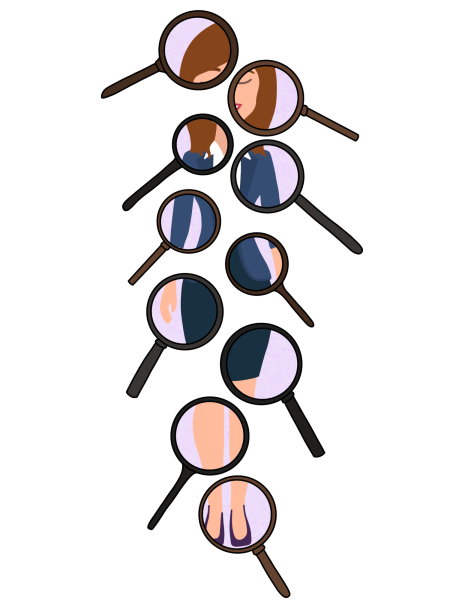The Worth of Women at Colgate
The Colgate Maroon-News has voiced student opinions from Colgate University for hundreds of years. Wide ranging topics have taken front page, such as religion, politics, community-based events, academics and more recently, the hookup culture. In the Commentary section, we focus particularly on the latter in the form of our Minus the City column. But, in honor of celebrating 150 years of published articles, some of us were interested how the dialogue about male and female interactions have evolved throughout the years. Sexual interactions, and the conversation surrounding them, have undoubtedly become less of a taboo for recent generations, and we assume this to be the norm. But what did older generations have to say about men and women? And has anything really changed?
On December 15, 1846, The Hamilton Student, one of several predecessors to The Colgate Maroon-News, published a piece titled “Thoughts on Affection.” In the article, the author, listed as Iosco, writes, “Affection, of all the characteristics that pertain to a woman, is by far the most excellent, and therefore, to be the most valued.” This claim doesn’t read as a shock to many of us. For centuries, women have been described as caring, nurturing and attentive to their male counterparts. Wives were chosen by how well they could take care of a household, not how well they could financially provide for their life partners. Mothers were, and are still very much so, responsible for the upbringing of children and their adjustment into society. But if a woman’s best attribute is her “affection,” then how would women fare in a culture dominated on the ability to be callous and transactional?
As the article continues, Iosco claims that women have faced terrible instances of domestic violence, but that their “affection” is what keeps them in their families.
He writes, “No, she weeps over, and at the same time presses him closer to her bosom, until broken hearted by repeated ill-treatment, she sinks into the grave. What a noble feeling must that be, which will prompt a woman thus to sacrifice her life; yet its exhibition, is an occurance of everyday.” In 1846, this statement was probably commonplace, yet the emergence of strong, independent and sexually liberated women challenges every point addressed in this claim. Women are no longer seen as clinging to men for safety or security, but rather, find confidence in themselves. Hookup culture exemplifies this. The ability for young women to be sexually active, and have the freedom to choose their partners and the conditions of their relationship, highlights how women no longer cling to their affection, but their independence.
The emergence of hookup culture seems to refute this article from 170 years ago. I don’t argue that women are not still affectionate, or that having compassion and empathy towards others is a negative trait. However, women have also shown that there are countless other qualities that make them valuable life partners, friends, and confidants. Hookup culture has paved the way for men to be able to see these other attributes. When you go out to a party, you’re no longer looking for a handsome, financially stable young gallant to sweep you off your feet. You’re looking for someone to have fun with. And this ability has equalized the social status of millions of young men and women all throughout colleges and universities.
So, I’m glad that 172 years ago, guys were able to pick up that women are actually a great addition to their lives. But it’s not women’s affection or loyalty that makes them such assets in life. It’s their independence, determination, understanding and love (among other qualities) that makes women so valuable. Hookup culture has been able to highlight similar interests among young men and women, and therefore, show that a woman can be your equal and your lover. She doesn’t have to worship you like a deity, or “sacrifice herself,” to be pretty awesome. She just has to be herself.
Contact Helen Misiewicz at hmisiewicz@colgate.edu.




